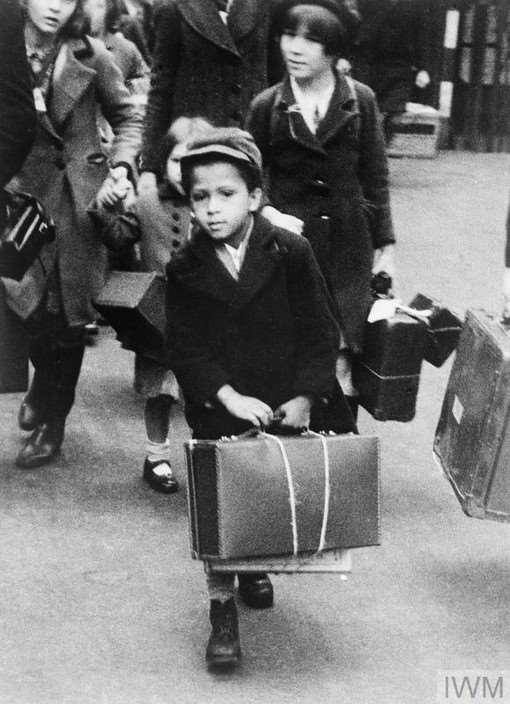
2 minute read
The Story of Wally Thompson
Plenary Discuss the story of Wally Thompson, it offers multiple moments of conflict and surprise. Ask them to select a moment they would like to explore. This will be their micro script. Offer first lines as writing prompts- students should feel free to use your own ideas as well! Give students time to write their micro scripts. Encourage them to add an intriguing title. Students can pair up to read each other’s plays.
If ch at fu nct io ns are o pe ratio nal, ev e ry o ne type s in a w o rd abo ut ho w t he y fe e l aft e r th e se s sio n.
Advertisement
The Story of Wally Thompson
Wally Thompson was a hardworking thief who always looked to exploit a situation. During a heavy air raid in 1941, he drove a stolen lorry into a narrow street in London Bridge. An air raid precaution (ARP) member, Thompson was wearing his uniform; it allowed him to move around London freely and unsuspected. Alongside him in the lorry were the members of his gang – Batesy, Bob, and ‘Spider’.
The gang’s plan was to break into a warehouse, pick up a safe from the office and drive it away. As anti-aircraft fire raged and bombers droned, Batesy jumped out and opened the warehouse gates with a cloned key. Spider – an experienced burglar – ran forward and forced a window, before jemmying the main door open from the inside. Within moments, all four men were inside, manhandling the safe out to the lorry. But as they reached the door, a bomb landed outside.
The ground pitched forwards, and Thompson was thrown through the air, landing on the stairs. The gates were destroyed, the lorry was turned upside down and fires started to burn. Everybody was shaken – but unharmed. Choking on dust, cursing his luck, Thompson urged his men to run.
Spider had other ideas. Spotting a young girl trapped in a nearby building, he began scaling a wall to reach her. Minutes later, a fire engine arrived and a ladder was sent up to the ledge where Spider was hanging with the girl in his arms. He climbed down, and handed her over to a police constable – who was deeply impressed. He asked for Spider’s name and address; such courage deserved recognition. However, Spider declined to give his details. Feigning humility, he and his colleagues slipped quietly into the night. Without the safe.
According to Thompson, the Blitz was a golden period for criminals. “Air raids,” he remembered, “were the best ally London’s crooks ever had.” Billy Hill, who came to be known as the boss of Britain’s underworld after the war, agreed: “They were roaring days. Money was easy, the villains were well loaded with dough, and we were all busy.”” (Levine, 2015)



